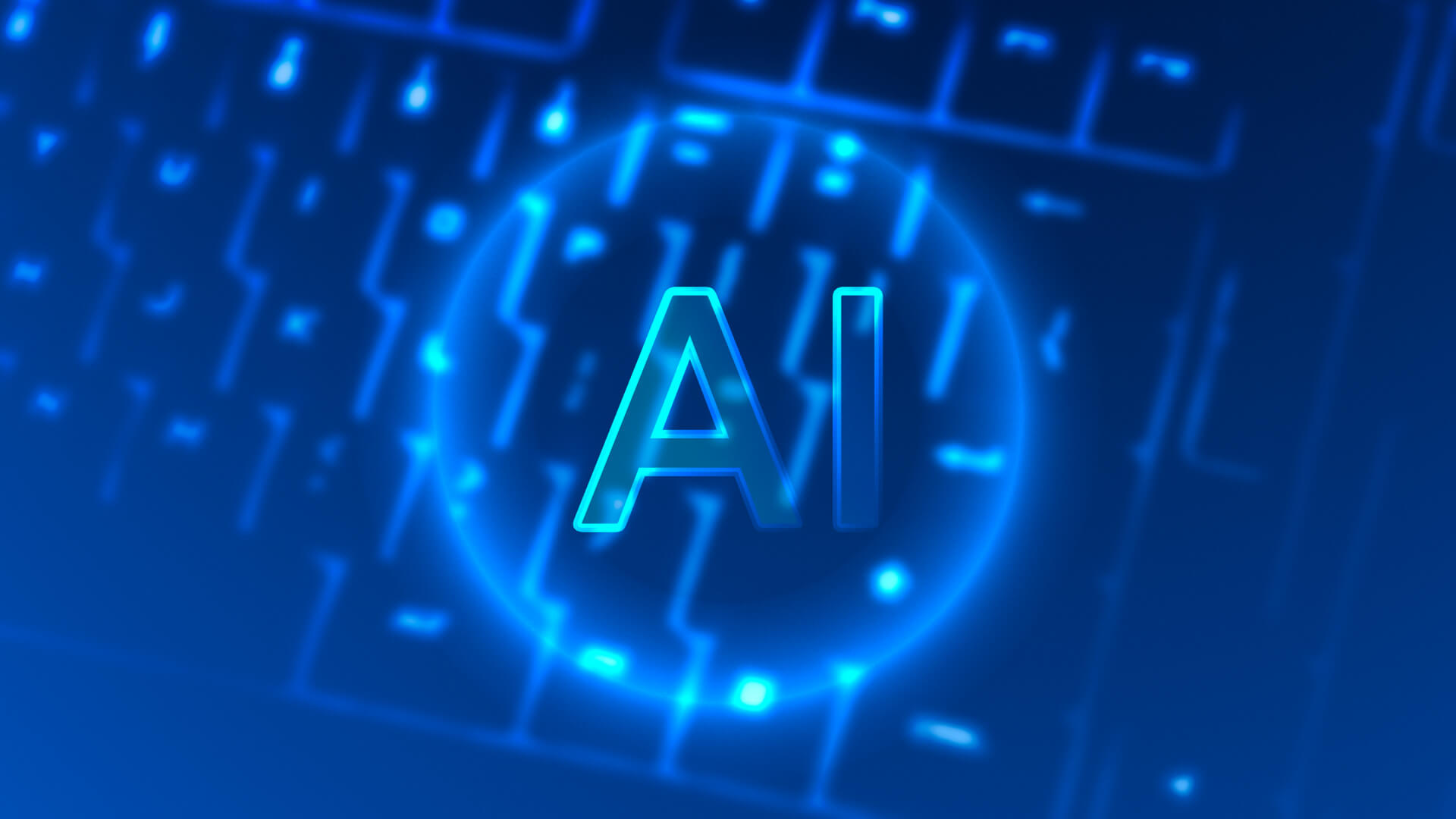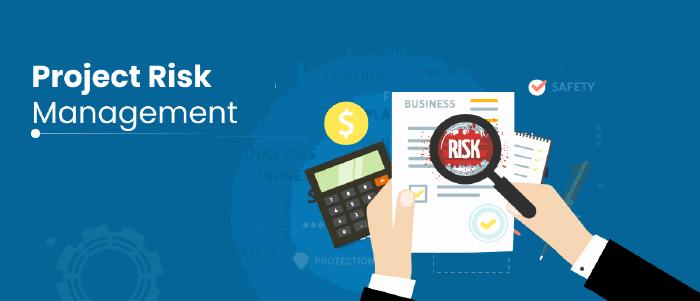
January 12 2024
8 min read

Jan
Artificial Intelligence (AI) has emerged as a beacon of transformation across various industries. Its impact on project management is particularly noteworthy, offering revolutionary approaches to handling complex projects. This blog delves into the real-world applications of AI in project management, illustrating how companies are leveraging this technology to drive efficiency, accuracy, and innovation in their project processes.
The integration of AI in project management is not just a futuristic concept but a present reality. From predictive analytics to resource optimization, AI is redefining the traditional paradigms of project management. By exploring how various companies are applying AI in this domain, we aim to provide a comprehensive view of its practical implications and benefits.
Machine Learning: ML algorithms in project management are used for tasks like predictive analysis and risk assessment. By learning from historical data, these algorithms can anticipate project delays, budget overruns, and potential risks, enabling project managers to make proactive adjustments.
Natural Language Processing: NLP is used to streamline communication within project teams. It can analyze project-related documents, emails, and chat messages to extract key information, track project progress, and even gauge team sentiment.
Data Analytics: AI-driven data analytics provides valuable insights into project performance, resource utilization, and efficiency. It enables project managers to make data-backed decisions that align with project goals and client expectations.
The distinction between AI and traditional project management tools lies in AI’s ability to process and analyze vast amounts of data quickly and accurately. While traditional tools may offer basic automation and data tracking, AI introduces a level of intelligence and adaptability that is transformative.
AI systems can identify patterns, predict outcomes, and suggest course corrections, which are beyond the capabilities of conventional project management software.
In the next sections, we will explore various real-world applications of AI in project management, providing tangible examples of how companies are leveraging AI to enhance their project management practices.

Accenture: This global professional services company has developed an AI model that predicts sales opportunity success with a staggering 97% accuracy. This predictive prowess revolutionizes how project outcomes are forecasted, allowing for better planning and strategy.
Unilever: A leader in consumer goods, Unilever utilizes AI to analyze candidates’ video interviews. This AI system predicts job success by assessing facial expressions, body language, and word choices, streamlining the recruitment process and ensuring successful project team formations.
Fingent: Specializing in software development, Fingent uses AI and ML to provide precise project cost estimations. This approach overcomes traditional human errors and biases, ensuring more accurate financial planning.
Akkio: Demonstrating versatility, Akkio’s AI-driven cost modeling finds applications in diverse sectors like healthcare, retail, government, and more. It provides nuanced and accurate cost estimations, pivotal for strategic decision-making across industries.
These examples underscore the transformative impact of AI in project management, offering insights into how companies across various sectors are leveraging AI to enhance their project management capabilities.
The real-world applications of AI in project management extend beyond individual companies, signifying a broader impact across various industries. AI’s ability to analyze large datasets, predict outcomes, and automate complex tasks is redefining project efficiency and success. Companies are witnessing significant cost savings, risk reduction, and enhanced decision-making capabilities.
The future trends in AI for project management point towards more intuitive, adaptive, and intelligent systems capable of handling increasingly sophisticated project demands. This evolution suggests a paradigm shift where AI not only complements but significantly augments human expertise in project management.
The integration of AI into project management is a game-changer, marking a new era of efficiency and innovation. From Accenture’s predictive analysis to TUI’s enhanced customer interaction, the practical applications of AI in project management are vast and varied.
These advancements illustrate a future where AI-driven project management is the norm, characterized by enhanced accuracy, efficiency, and strategic decision-making. As AI continues to evolve, its role in shaping the future of project management is indisputable, promising a landscape of streamlined processes and optimized outcomes.

January 12 2024
8 min read

September 25 2023
7 min read

September 15 2023
7 min read

September 5 2023
8 min read